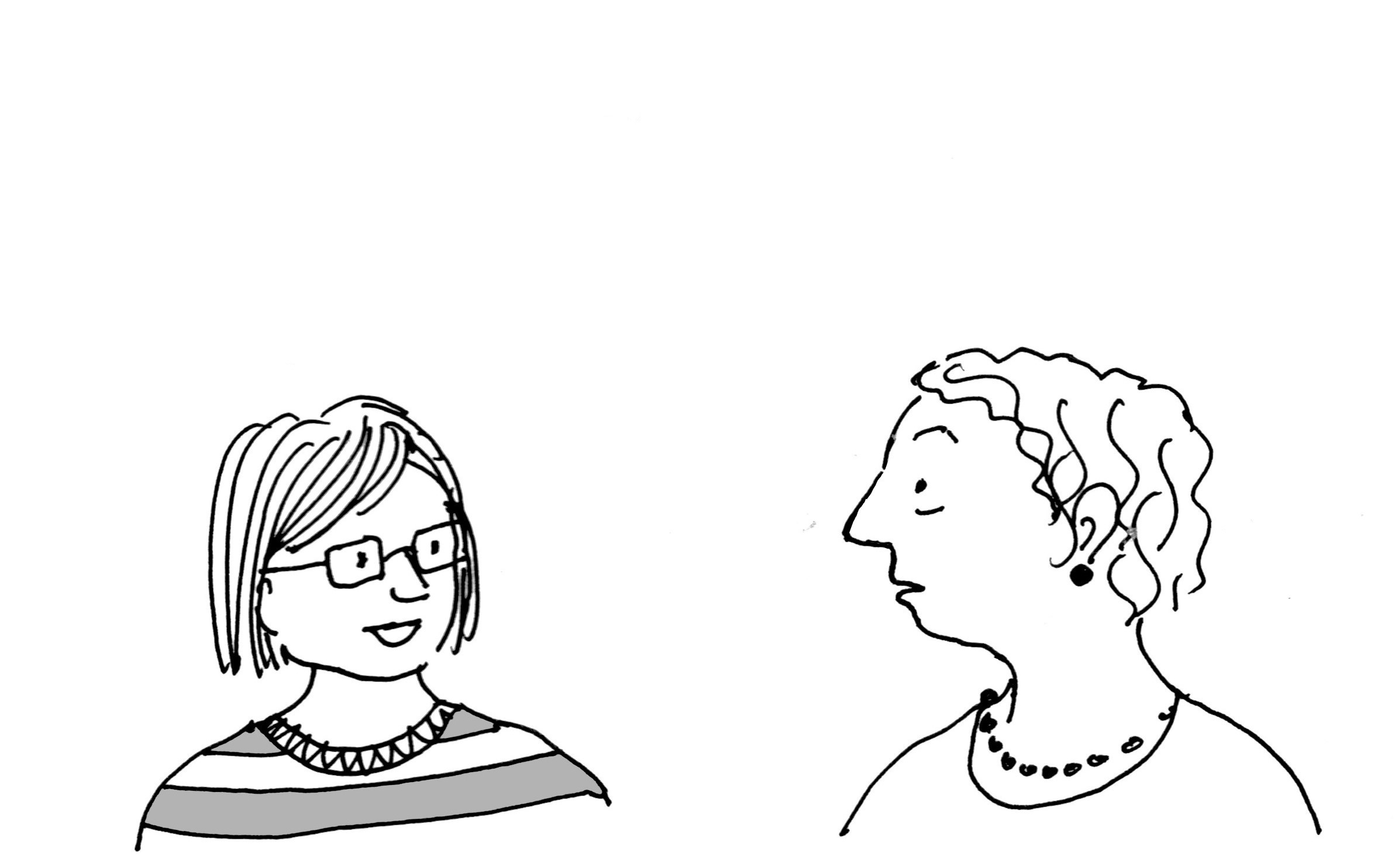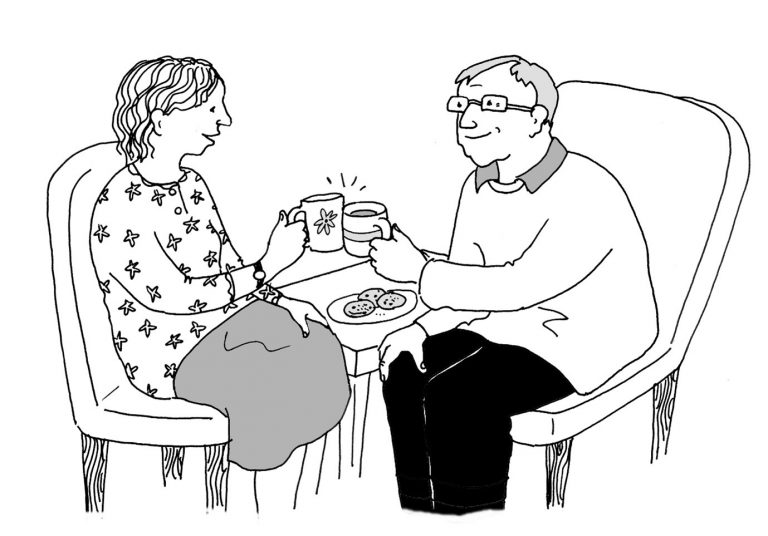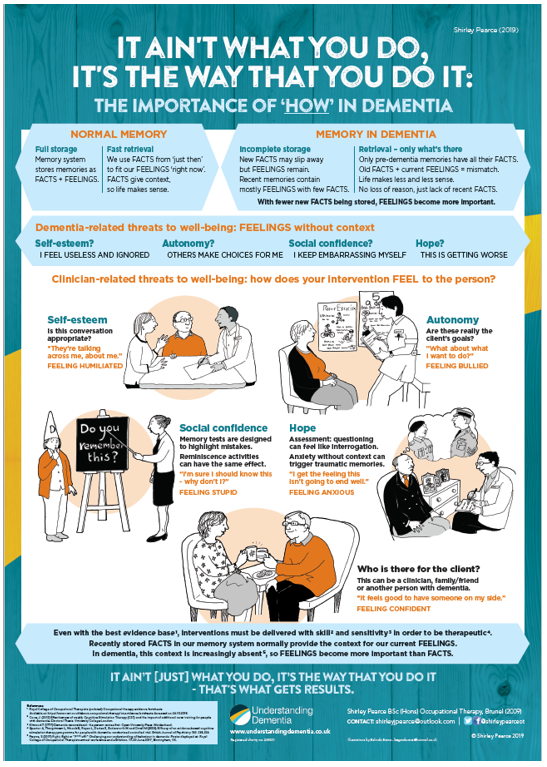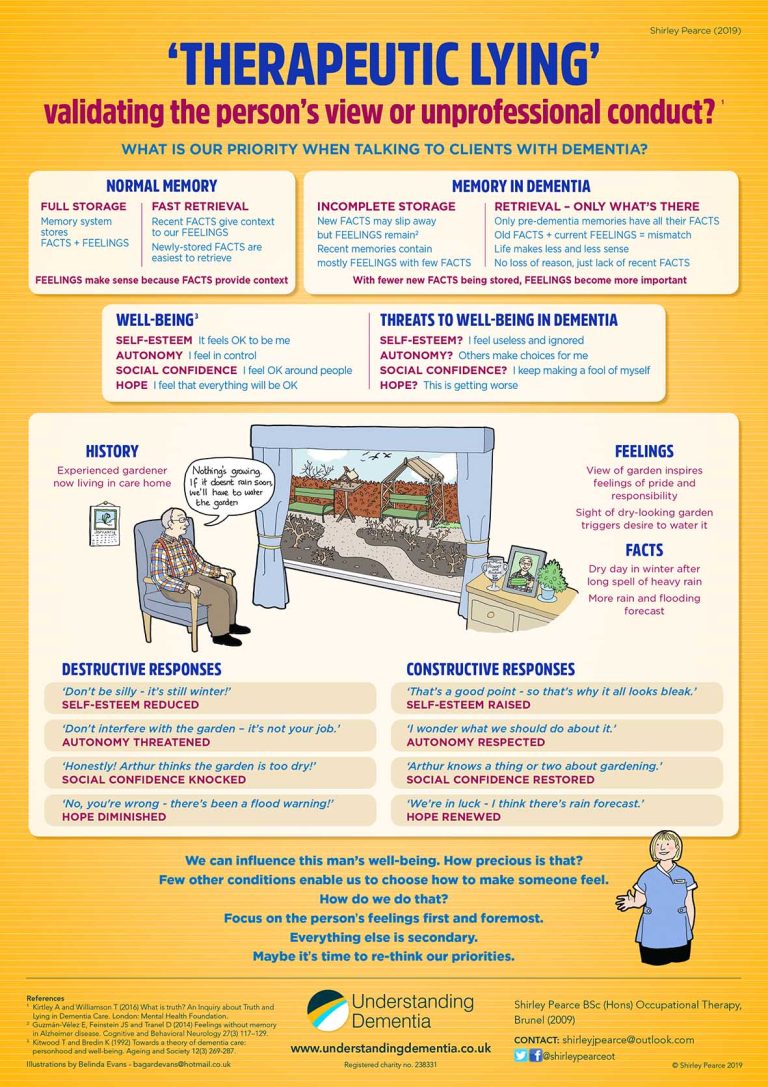Mum has dementia and doesn’t recognise me after lockdown

With the closure of community facilities and the strict rules in care homes leading to enforced isolation for many, lockdown was a terrible time for people with dementia and their families. See my blog on John’s Campaign which is pressing for more humane visiting arrangements.
One of the most painful aspects of dementia is the possibility that the person will longer recognise their own family. When you have been unable to meet up, this is even more likely.
After such a long time apart, even slow subtle changes will appear more sudden and extreme. ‘How can Mum not know that I’m her son?’ I have written elsewhere about this: Why does Auntie think I’m Grandma? ‘She gets upset if I correct her when she gets my name wrong.’ That’s not surprising – correcting the mistakes of someone with dementia causes great embarrassment: ‘Oh no – how could I not know my own son? How mortifying!’ It’s not that she doesn’t love you any more, it’s just the devastating effects of dementia on her memory, so she may not equate the person in front of her with her beloved son.
Our memory normally provides a constant stream of factual information that tells us where we are, how we got here and why we came. Without that, we wouldn’t have a clue what’s going on, or why we feel the way we do.
In dementia the storage of facts in the person’s memory system becomes increasingly patchy, while their feelings continue being stored as efficiently as ever. But with fewer facts taking up space in the person’s mind, it’s almost as if their feelings have more room to grow. This can be especially distressing if they are anxious feelings, with no context to explain them.
Even without dementia, stress interferes with our ability to store and retrieve information. The more stressed the person is, the harder it will be for them to make sense of their feelings, and when the context is missing, that can easily escalate into extreme distress. So rather than drawing attention to their mistake, it’s better just to make it clear that you know and love them, and that you’re pleased to see them.
If they complain that you’ve abandoned them, try not to take it personally. There is no point in explaining in detail why you weren’t able to visit them safely or legally – it’s hard enough for those without dementia to keep up with so many rule changes! You can just agree with them that it’s been far too long, but you’re so glad to be with them at last. And when you need to leave, try to avoid lengthy explanations about when you’ll be coming back. A simple ‘See you again soon’ can be much easier to process.
Our online training course for family carers ‘Understanding Dementia and Lessening its Impact’ is free of charge, and we deliver cost-effective training for health and care professionals too.
For more information, to order our booklet or join our mailing list, contact us via the website https://understandingdementia.co.uk/





